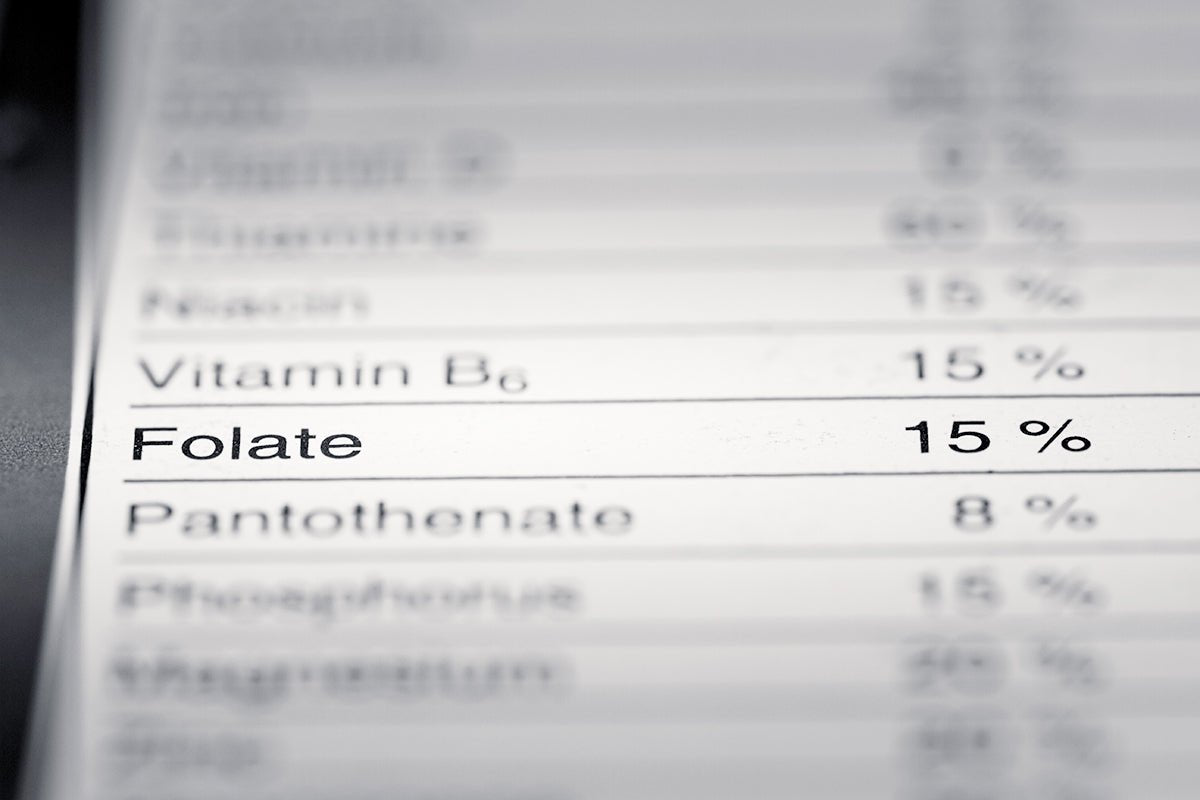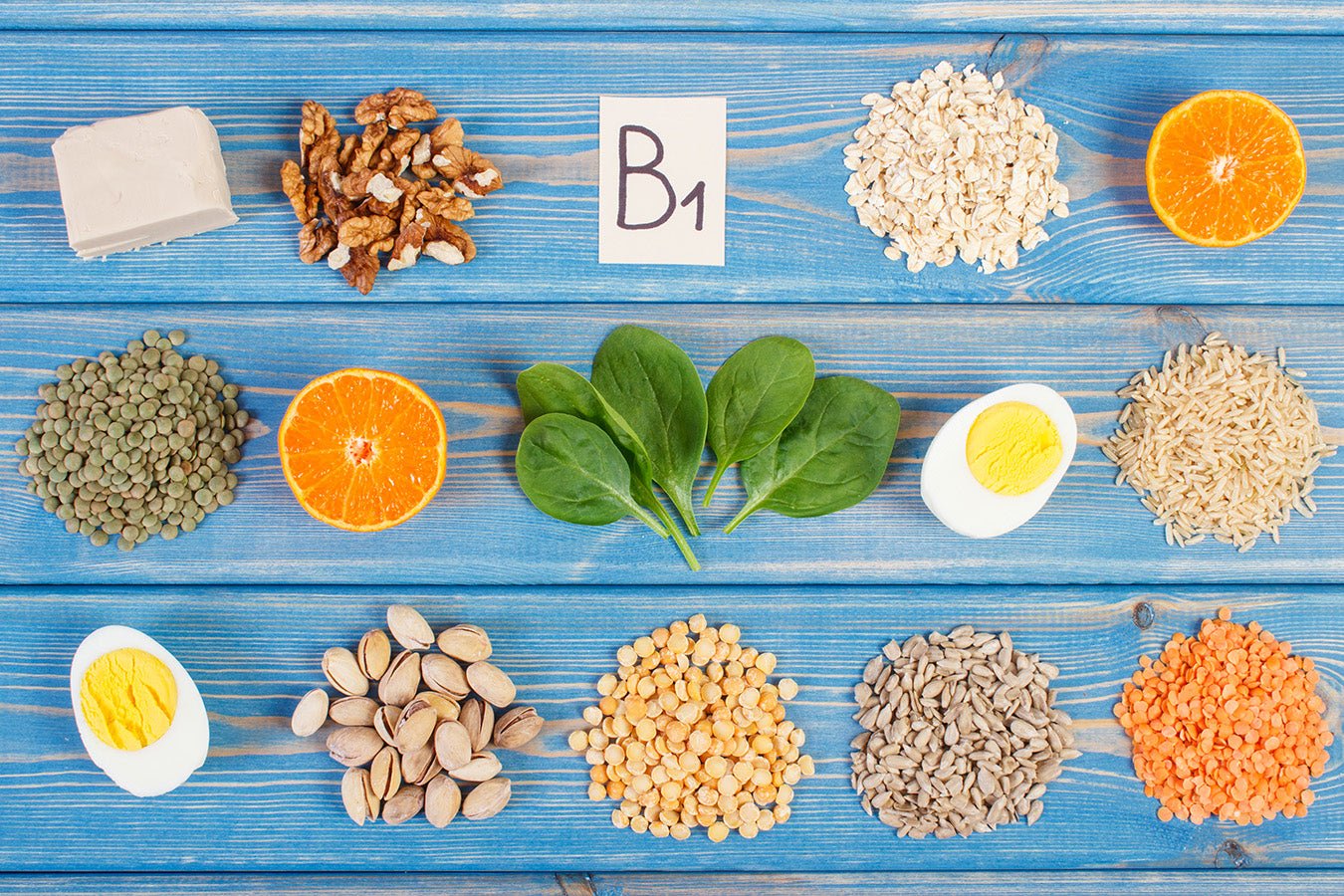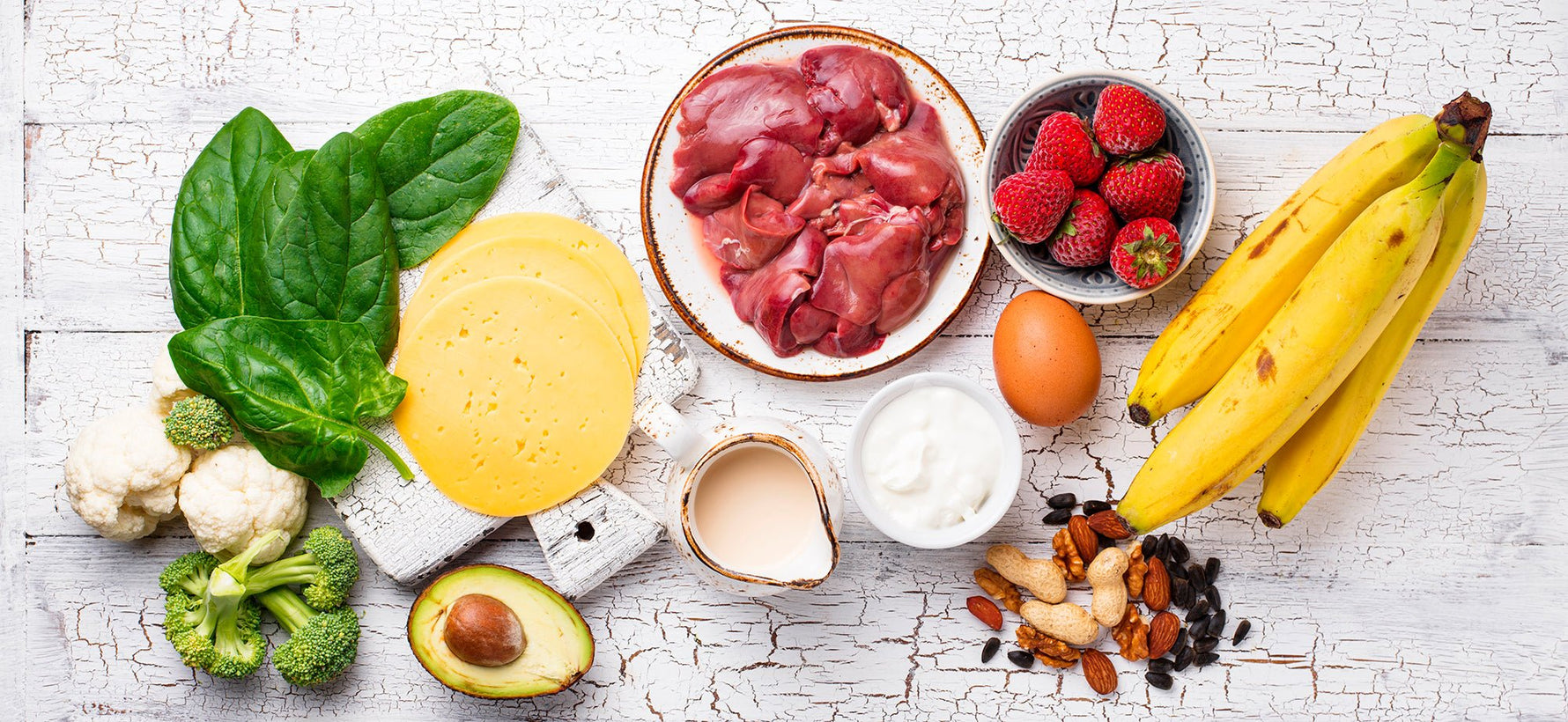Are you an only child? Well, vitamin B-complex certainly isn’t!
Vitamin B has a ton of siblings (eight essential ones to be exact), and it’s hard to keep them all straight.
B vitamins are vital to so many different parts of our functioning body, especially the brain and all it does for us--memory, emotions, energy levels, stress, mental health including depressive episodes, etc [1], [2]. That’s a whole lot of brain power!
Unfortunately, many people are deficient in B vitamins, especially vitamins B1, B6, and B12 [3]. This is because during human evolution we have lost a lot of our abilities to synthesize vitamins in the body itself [4].
Therefore, B-complex is only stored in the body via oral consumption--whether that’s food or vitamin supplements. Bs are also water soluble and pass through our bodies quickly, which means we need constant intake of the right dosages.
Vitamin Bs for Females
Vitamins are miracle workers--and know what to do for you, even according to your biological sex. Bs are especially important during pregnancy and breastfeeding. Bs aid in fetal brain development and protect against the risk of birth defects! Bs also support good energy levels and lower the risk of preeclampsia, a life-threatening condition to both parent and child [5].
Vitamin Bs for Males
In males, Bs are linked to testosterone levels in the body, and may help with building muscle tone. While research on sex-specific benefits of B vitamins is lacking in a lot of verified information, both sexes require Bs to metabolize food, which is important for physical health.
Click here to see recommended daily dosages of Vitamin Bs; there are different requirements according to your sex!
Vitamin Bs, Deficiencies, and Benefits
Here are all 8 essential B vitamins with a quick description of what they do and how to spot deficiencies. People with certain conditions, such as HIV/AIDS, alcoholism, or immune disorders have more of a chance of developing symptoms. If you feel you have an imbalance, you’ll have a better idea of what to ask your doctor with the information below.
Vitamin B1: Also called thiamin, it supports your immune system, metabolism of food, and cell reproduction. A shortage can cause beriberi [6], which affects the cardiovascular system, and loss of appetite, confusion, tingling in limbs, and severe memory loss, among other symptoms.
Vitamin B2: Also called riboflavin, serves as an antioxidant, is connected to the immune system, and also metabolizes food. Deficiency includes symptoms such as skin disorders, hair loss, and problems with liver and reproductive systems.
Vitamin B3: Also called niacin, it helps with cell production, particularly related to DNA. Lack of B3 can lead to diarrhea, memory loss, brain fog, and even dementia.
Vitamin B5: Also called pantothenic acid, it helps with hormone production, metabolism and breaking down essential fats. Lack of B5 symptoms include sleeplessness, irritability, headaches, heartburn, stomach pain, nausea, and loss of appetite, among others.
Vitamin B6: Also called pyridoxine, it is vital for over 100 reactions in the body having to do with metabolism. Symptoms of deficiency include itchy rashes, a swollen tongue, cracks in the lips, depression, confusion, and seizures in infants.
Vitamin B7: Also known as biotin, helps turn carbs, fat, and protein into energy and nutrition your body needs to function. A shortage of biotin could include symptoms of hair loss, rashes, pink eye, high levels of acid in urine, and development delays in infants, among others.
Vitamin B9: Also known as folate, this vitamin helps make DNA and other genetic material. Low amounts can lead to weakness, fatigue, mood swings, heart palpitations and shortness of breath, and developmental disorders in infants.
Vitamin B12: This vitamin keeps the nerve and blood cells healthy and helps with DNA production. A deficiency includes symptoms like loss of appetite, weakness and fatigue, severe anemia as well as poor memory and dementia.
What to Do
While it is rare for some of these to be found as deficient in the human body today, it still helps to consult with a medical professional if you are experiencing prolonged symptoms that match the above. Monitoring nutrient intake now could prevent more serious conditions down the road--so make sure to get the right amounts your body needs!
If you try B supplements, see why EZ Melts is better--Our vitamins are fast melting, EZ to take, and have delicious customer-approved flavors. Unlike many major vitamin brands, our tablets don’t include harmful toxic ingredients or artificial flavors. Give our Zero Sugar, Vegan, Gluten-Free, Non-GMO B-Complex supplement a try and see the difference!
Sources:
https://www.ncbi.nlm.nih.gov/pmc/articles/PMC6770181/
https://www.ncbi.nlm.nih.gov/pmc/articles/PMC6316433/
https://www.cover-tek.com/which-supplement-do-you-need-b12-vs-b-complex/
https://www.ncbi.nlm.nih.gov/pmc/articles/PMC4772032/
https://www.preeclampsia.org/signs-and-symptoms
https://medlineplus.gov/ency/article/000339.htm
___
Written by Annie-Eliza Stevens






























